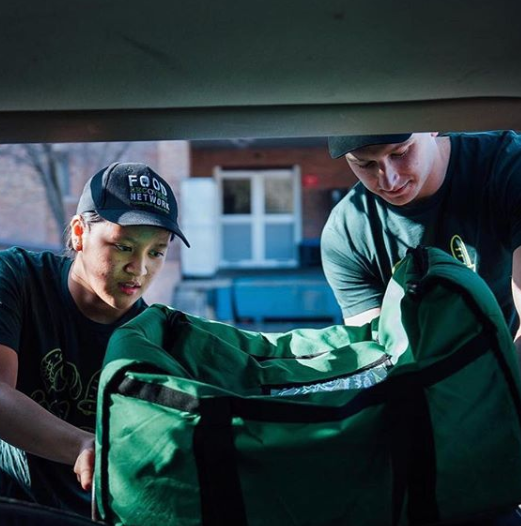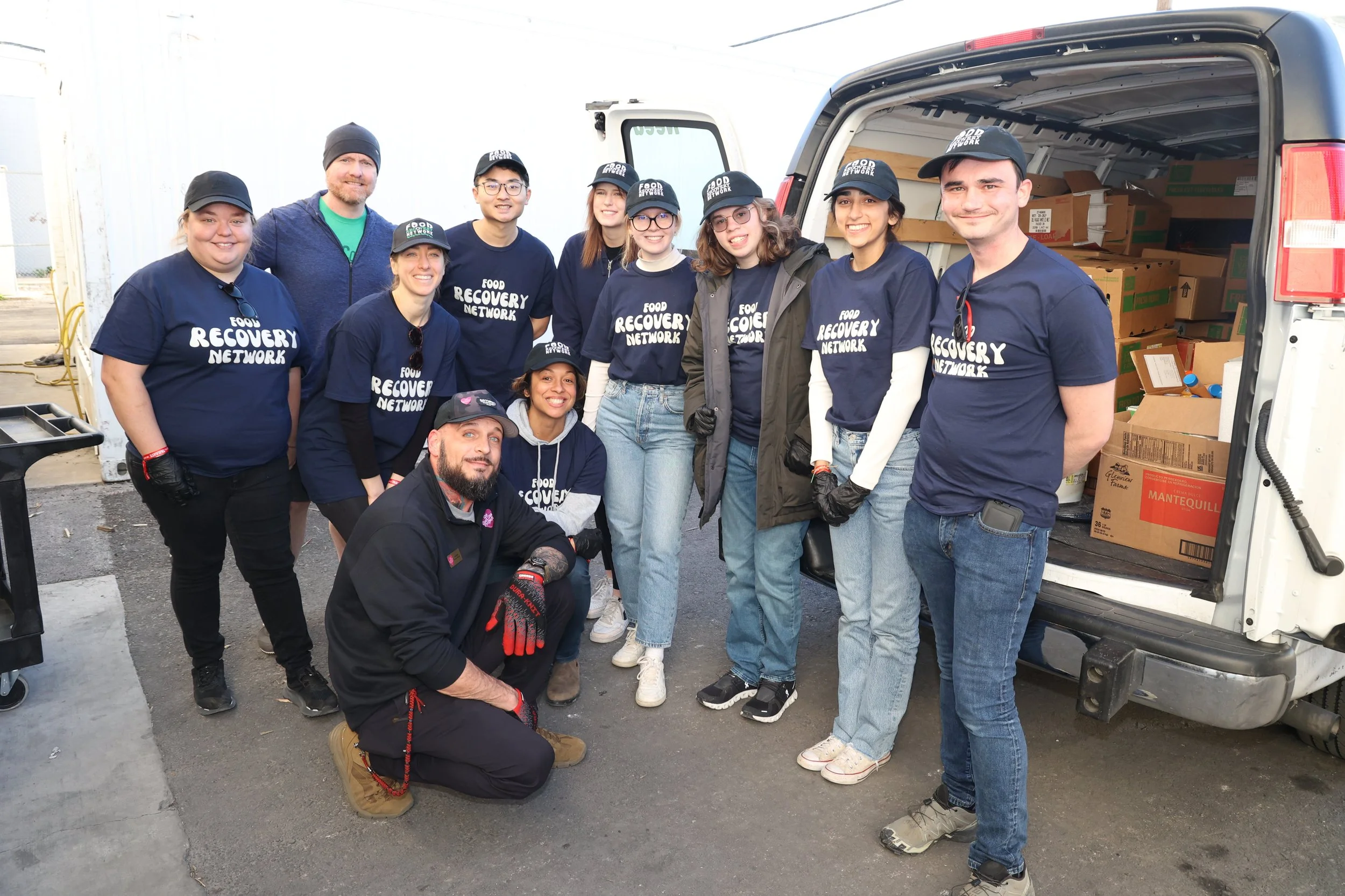In Fall 2020 many FRN chapters faced challenges they had never known before. Some chapters had to find new food donors, others had to recruit additional volunteers virtually and many found recovery alternatives to keep their chapter engaged while remaining socially distant. To start this year off right, we want to highlight three chapters that wowed this past fall semester due to their adaptability, dedication to the mission of FRN, and outstanding leadership.
Worcester Polytechnic Institute (WPI) went outside the box for what it means to be a part of this network. Their food donor did not permit them to pick up leftover food due to social distancing guidelines, and their partner agency chose not to accept donations. When met with this obstacle, WPI adapted by finding a new nonprofit partner, Friendly House. They donated non-perishable food items, holiday gifts, and over 200 masks to Friendly House, which is founded on the mission“for the educational, social and family betterment of residents of the City of Worcester.” WPI also created over 30 different care packages for the homeless that consisted of masks, hand sanitizer, socks, food, and hygiene products!
The University of Illinois at Chicago (UIC) continued to recover food during the pandemic. UIC was able to supply the Franciscan Outreach Center with 7,589 lbs of food recovered from an on-campus dining hall and the University of Illinois Health Hospital. Speaking on their success, chapter leader Snehitha Talugula said, “our recovery efforts are endless and we are always looking for ways we can continue to make an impact during these uncertain times.” UIC also organized a Webinar featuring two faculty members as guest speakers talking about issues including Food waste, food insecurity, and the COVID19 pandemic.
Being a chapter leader during COVID-19 has certainly been challenging, but Sarah Geller from the University of Vermont (UVM) made supporting her volunteers a priority this Fall. Sarah noted, “As president of the club this semester, I learned that leadership involves a high level of empathy. This semester was not what anyone had been anticipating, so I was very flexible and never pressured anyone into taking on a role they couldn't handle.” Sarah communicated with her leadership team and made sure that they knew that she was there to help. She got to know members of her chapter more and used her connections with UVM Civic Engagement to get additional supplies. It was this relationship that allowed FRN @ UVM to hold two recoveries aimed at students without cars, as the office of Civic Engagement provided a van for transportation.
Thank you to the chapter leaders and volunteers at UIC, WPI, and UVM for your dedication to the Food Recovery Network’s mission. Your work this past semester has made your community healthier and more secure, and we cannot wait to see what you do in 2021. Happy New Year!









